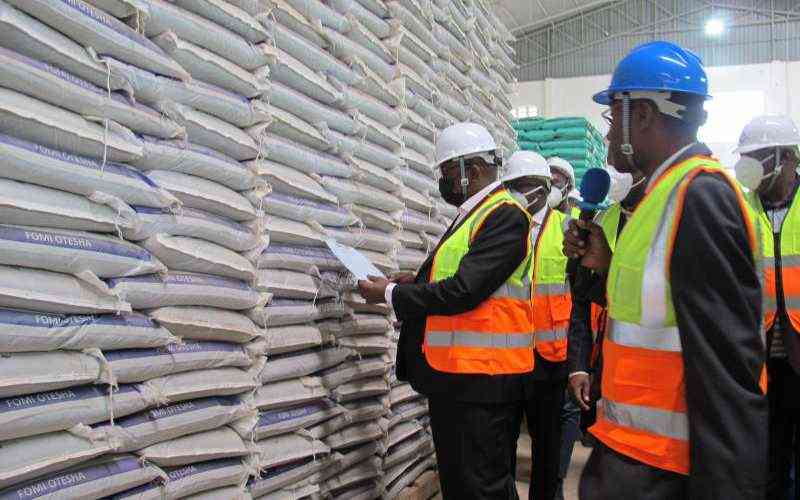×
The Standard e-Paper
Kenya’s Boldest Voice

While many subsidies were flung out the window immediately after the William Ruto administration took over power, a fertiliser subsidy, which had been mentioned incessantly during campaigns, was introduced and The National Treasury released Sh3.6 billion for its implementation.
President Ruto spoke about his government's negotiations with Morocco to promote relations in trade, agriculture, health, tourism and energy between Kenya and the North African country.